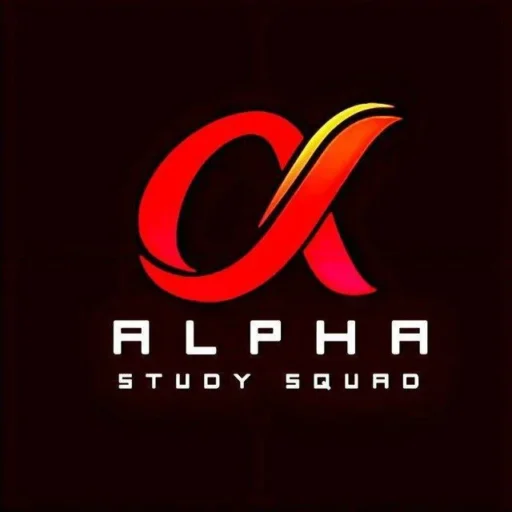Notion is that one app everyone talks about, but few students actually use properly. If your life feels like a constant scroll between screenshots, Google Drive folders, and last-minute to-do lists, you’re gonna love what comes next.
This guide shows how to build your own “Life OS” in Notion — a space where everything from class notes to assignment deadlines lives together. Simple, clean, and made just for students in 2025.
1. Create Your Main Dashboard (Life OS)
Call it whatever you want: Student Hub, Command Center, Life OS. This is your central page. Add:
- A semester calendar
- Today’s to-do list
- Quick buttons to add notes or tasks
- Links to each subject page
- A little motivational quote or image
Tip: Use emojis and icons to make it fun but organized. Your brain loves visuals.
2. Set Up Subject Pages
Each subject should have its own space. Inside every page, include:
- Lecture Notes
- Assignments
- Resources (PDFs, videos, links)
- Doubt List
- Revision Status
You can even add toggles for flashcards or summaries.
3. Assignment Tracker that Actually Works
Create a simple table with these columns:
| Task | Subject | Due Date | Status | Priority |
|---|---|---|---|---|
| Write lab report | Physics | 21 Apr | In Progress | 🔥 High |
| Submit essay | English | 25 Apr | To Do | Medium |
Use filters to view only the upcoming tasks for this week. Add reminders and link each task to its subject page for faster access.
4. Daily Dashboard to Stay on Track
This page helps you reset and focus each day. Add sections like:
- Morning routine checklist
- Top 3 goals for the day
- Habit tracker (water, sleep, study time)
- What I’m learning today
- How I’m feeling (emoji scale is enough 😅)
Bonus: Use a template button to auto-create this page every morning.
5. Use Templates to Save Time
Instead of repeating the same stuff, build templates for things like:
- Class Notes (with headings like: Date, Topic, Key Points, Doubts)
- Assignment Entry
- Exam Prep Sheet
- Weekly Review
You can reuse these templates with one click. Clean, fast, consistent.
6. Plug in Other Tools
Notion works better when you connect it with what you already use. Try:
- Embed your Google Calendar
- Link PDFs or slides directly
- Add Pomodoro timers using widgets from indify.co
- Sync Trello boards if you’re into project-based study
7. Make It Aesthetic (You’ll Want to Use It More)
Add a banner, set a cute font, pick 2-3 brand colors, and keep it minimal. Use covers and icons that match your style.
If your setup looks good, your brain will treat it like a cozy workspace—not a boring app you avoid.
8. Bonus Hack: Build a Second Brain
Use backlinks and related pages to connect ideas across subjects. For example, link a history topic from Political Science. Over time, this builds a personal knowledge web that’s great for revision and deeper understanding.
Final Thoughts
Notion isn’t just another fancy app—it can literally become your second brain. Once you set it up your way, it’ll save time, reduce stress, and keep you focused all semester long. Just start simple and improve it week by week.





